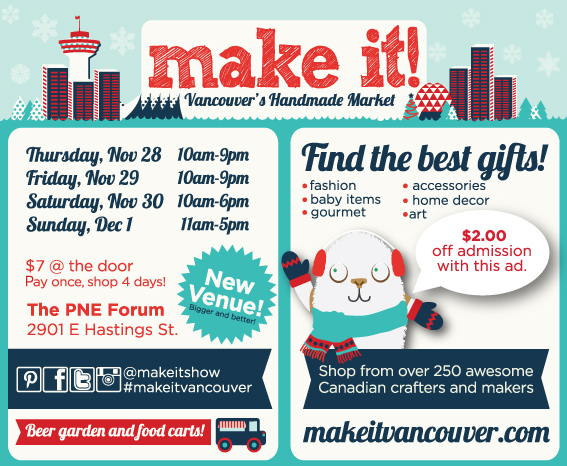Paying duties and taxes
Personal exemptions
When you return to Canada from a foreign country, you may qualify for a personal exemption. This allows you to bring goods of a certain value into the country without paying regular duties and taxes, except for a minimum duty that may apply to some tobacco products.
Except for restricted items, you can bring back any amount of goods as long as you are willing to pay the duties and taxes and any provincial or territorial assessments that apply. This rule applies even if you do not qualify for a personal exemption.
Absence of less than 24 hours
There are no personal exemptions for same-day cross-border shoppers.
Absence of 24 hours or more
You can claim goods up to CAN$200 without paying any duties. You must have the goods with you when you enter Canada, and tobacco products or alcoholic beverages are not included in this amount. If you bring in goods worth more than CAN$200, you have to pay full duties on the total amount.
Absence of 48 hours or more
You can claim goods worth up CAN$800 without paying any duties. You must have the goods with you when you enter Canada
.Although you can include some tobacco products and alcohol, a partial exemption may apply to cigarettes, tobacco products and manufactured tobacco. See the CSBA web pages on
Alcoholic beverages and
Tobacco products for more details.
Absence of seven days or more
You can claim up to CAN$800 worth of goods without paying any duties. You must have the tobacco and alcohol with you when you enter Canada, but the rest of the goods can arrive later by mail, courier or delivery agency. Although you can include some tobacco products and alcoholic beverages, a partial exemption may apply to cigarettes, tobacco products and manufactured tobacco. See the CSBA web pages on
Alcoholic beverages and
Tobacco products for more details.
You are eligible for a personal exemption if you are
- a Canadian resident returning from a trip outside Canada
- a former resident of Canada returning to live in this country, or
- a temporary resident of Canada returning from a trip outside Canada.
Even young children and infants are entitled to a personal exemption. As a parent or guardian, you can make a declaration on behalf of a child as long as the goods you are declaring are for the child's use.
You should have all purchases made abroad and your receipts readily available.
Be prepared to make a full and accurate declaration, including the amount of goods you are bringing with you, in Canadian dollars.
Part of the year outside Canada
Even if you spend part of the year in another country, you are still considered a resident of Canada. This means that you are entitled to the same exemptions as other Canadians. When you import foreign goods or vehicles for your personal use into Canada (even temporarily), you have to meet all import requirements and pay all applicable duties and taxes.
Conditions on your personal exemptions
You cannot combine your personal exemptions with those of another person or transfer them to someone else.
You cannot combine your 48-hour exemption (CAN$800) with your seven-day exemption (CAN$800) for a total exemption of CAN$1,600.
In general, the goods you include in your personal exemption must be for your personal or household use. These goods include souvenirs, gifts that you received from friends or relatives living outside Canada or prizes that you won.
Goods you bring in for commercial use or for another person do not qualify for the exemption and are subject to applicable duties and taxes.
Special duty rate
If you exceed your personal exemption after a trip of 48 hours or longer outside Canada you will be charged a special duty rate of 7% on the next CAN$300-worth of goods. The rate applies only to goods that accompany you and does not apply to tobacco products or alcoholic beverages. You still have to pay any Goods and Services Tax (GST) or Harmonized Sales Tax (HST)that applies. In some provinces, the CBSA also collects the provincial sales tax.
Making a full declaration and paying any duties and taxes you owe is a simple, straightforward process. You can pay by cash, travellers’ cheque, Visa, American Express or MasterCard. The CBSA also accepts debit cards at most offices. If an amount is no more than CAN$2,500, you can sometimes pay by personal cheque with suitable identification. A border services officer will give you a receipt showing the calculations and amount you paid.
Other Resources
















